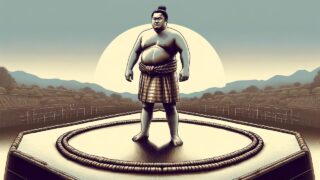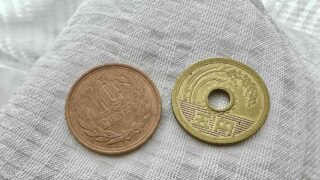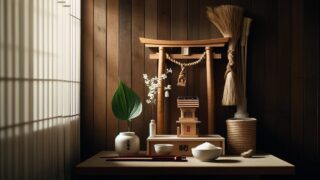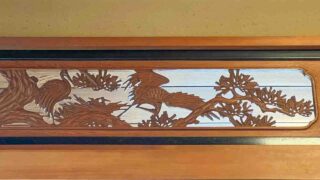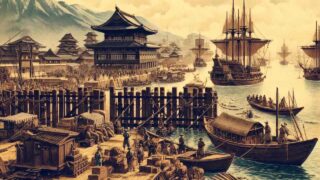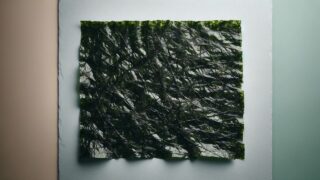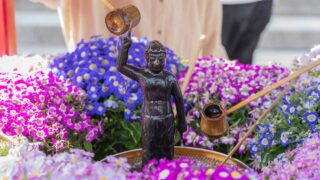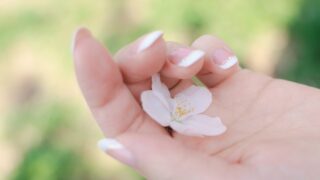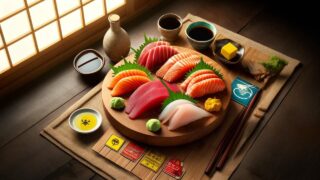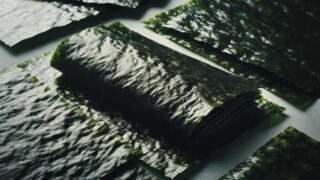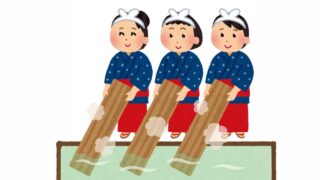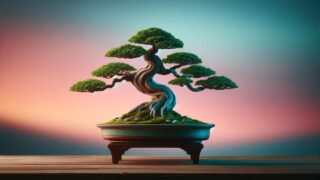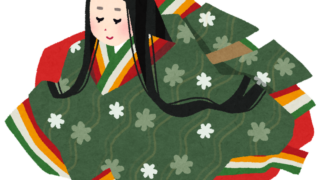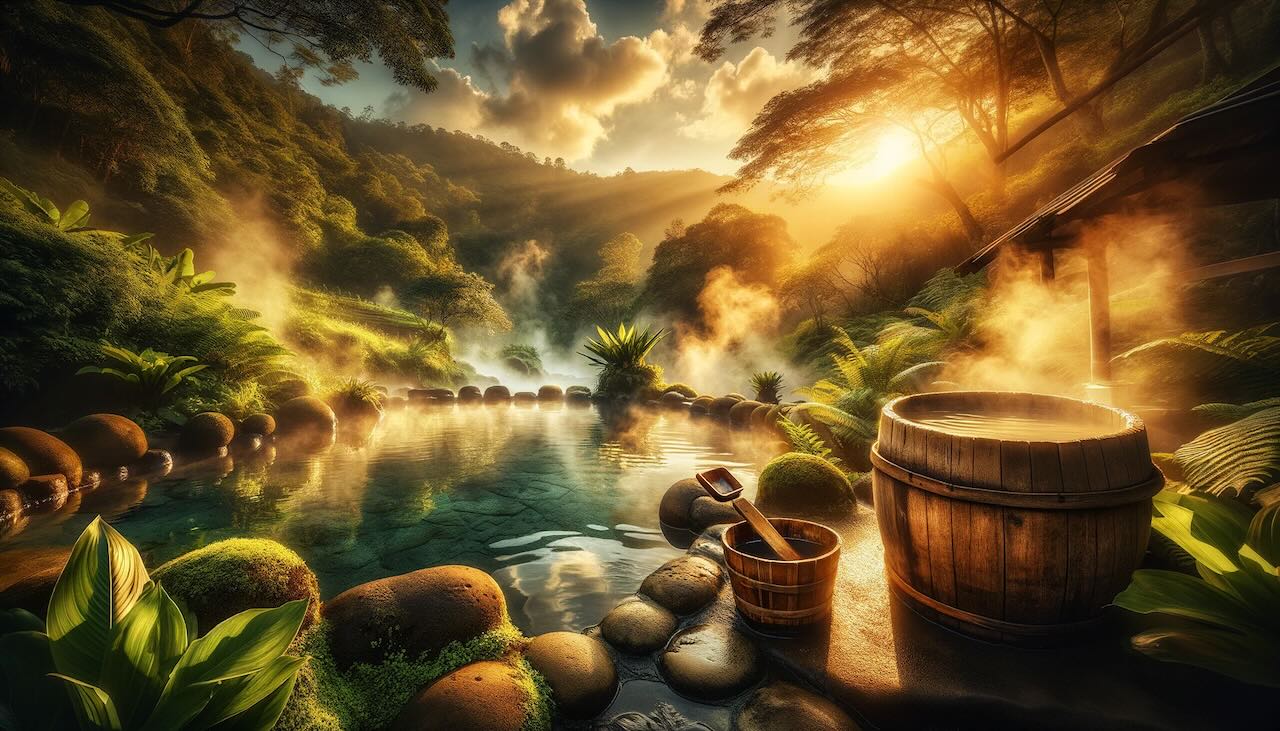Introduction
Hello there! I’m Tanaka, a hot spring enthusiast who’s been exploring thermal baths across Japan and around the globe for over two decades. Today, I’m excited to share my experiences and insights into the fascinating world of hot spring cultures.
The Shock of Budapest
I’ll never forget my first experience with a foreign hot spring. As a college student, I visited the Széchenyi Thermal Bath in Budapest, Hungary. The sheer grandeur of the neo-baroque building left me awestruck.
European Thermal Baths: A Social Hub
Imagine my surprise when I saw locals playing chess while partially submerged in the steaming pools! This was a far cry from the quiet, contemplative atmosphere of Japanese onsen. The opulent architecture and social atmosphere of European thermal baths stand in stark contrast to what I was used to.
American Hot Springs: Nature’s Spas
Years later, my travels took me to the United States, where I discovered a completely different hot spring experience.
Wellness and Nature Combined
At Calistoga Hot Springs in California, I found myself soaking in a natural pool surrounded by towering redwoods. The focus here was on wellness and connecting with nature.
Holistic Approach to Wellness
What struck me most was the emphasis on additional spa treatments. Many American hot spring resorts offer mud baths, massages, and other therapies alongside their thermal pools.
Asian Diversity: Beyond Japan
Of course, I couldn’t neglect exploring hot springs in other Asian countries.
Korean Jjimjilbangs: A Family Affair
In South Korea, I was surprised to find that jjimjilbangs (Korean bathhouses) were often family affairs. Unlike the gender-segregated baths I was accustomed to in Japan, here I saw entire families spending the day together.
Taiwan’s Unique Geological Impact
Taiwan’s hot springs, particularly in Beitou, reminded me more of Japanese onsen. However, the sulfuric smell was much stronger, and the water noticeably more acidic.
Reflections on Global Bathing Cultures
After two decades of exploring hot springs worldwide, I’ve come to appreciate the beautiful diversity in how different cultures approach the simple act of bathing in heated water.
Regional Characteristics
- Japan: Focus on water quality and variety
- Europe: Emphasis on luxury and history
- United States: Combination of hot springs with broader wellness approach
- Other Asian countries: Unique twists, from family-oriented bathhouses to strongly mineralized waters
Conclusion: The Universal Appeal of Hot Springs
Despite the differences, one thing remains constant: the joy people find in soaking in naturally heated water. Whether it’s a quiet mountain onsen in Japan, a bustling thermal bath in Hungary, or a serene natural pool in California, hot springs continue to draw people seeking relaxation, health, and a connection to the earth’s natural wonders.
My journey through the world’s hot springs has been more than just about finding the best soak. It’s been a way to understand different cultures, appreciate the diversity of our planet, and connect with people from all walks of life. So the next time you dip into a hot spring, remember – you’re not just relaxing, you’re partaking in a global tradition that spans cultures and millennia.


